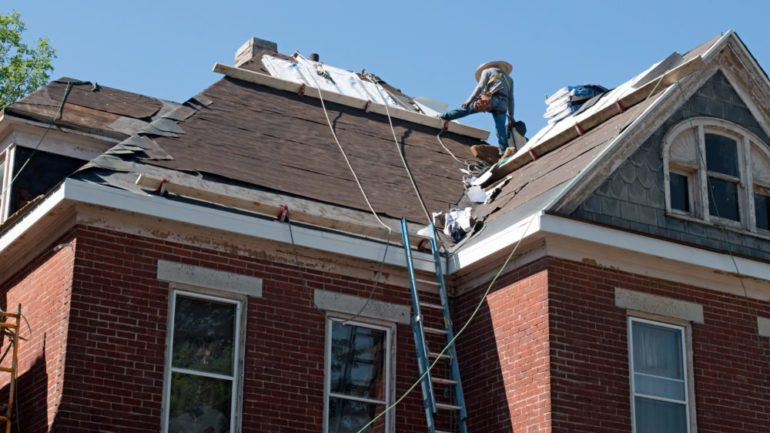Sometimes a seller chooses to sell a home “as-is.” What does that mean? When is this a good option for the seller? Should you consider buying an “as-is” home? Read on for some answers.

What Does Selling “As-Is” Mean?
Simply put, selling a home as-is means that the seller is not agreeing to any repairs and that the buyer will accept the property with all its faults and defects.
Even where he sells a home as-is, the seller is still obliged to disclose defects she knows about in a house and honestly answers questions about the property’s condition. Many states require the seller to complete a seller’s disclosure form regarding the property’s condition. Sellers who withhold information about known problems on the form can face legal consequences as a result.
Why Sell As-Is?
Selling a home as-is becomes an attractive option only in certain circumstances. Here’s when it might be a good option.
- The seller cannot afford needed repairs. When the seller is not in a financial position to bring the house up to the standard that would bring the optimum sales price, the best option may be to sell the home as is.
- The seller can’t or doesn’t want to manage hiring contractors for the repairs. Say the seller is elderly or disabled, or has already left town for a job relocation. In such circumstances, the seller may not have the time or ability to hire contractors to fix known defects and may be willing to discount the sales price so that a buyer will purchase as is.
- It’s a hot seller’s market, or an investor is buying the property. If demand for homes is so high that the seller can get a good price in spite of making no repairs, he may sell a house as is. Or an investor may buy a property as-is if he has calculated that even after the cost of repairs, he can later make money flipping or renting the home.
- The seller doesn’t live in the home and is unfamiliar with the property’s condition. An absentee owner of a rental, or a relative selling a house to close someone’s estate, may not want to deal with evaluating the need for and making repairs. In this case, selling the home as is can be a good option.
Considering the as-is strategy definitely calls for weighing the pros and cons. Here are some potential problems with the practice.
What Are the Drawbacks?
- Buyers considering an as-is sale may be wary and assume something is seriously wrong with the house. This will likely mean the listing will see slower traffic and require greater salesmanship from the seller’s real estate agent.
- Even if you’ve discounted your listing price to account for needed repairs, buyers may offer even less, thinking there are hidden defects as yet unknown. An investor may run the numbers on an as-is property and determine he needs to buy below list price in order to make a profit on the deal.
- Buyers of as-is property are likely to be unable to obtain bank financing. Such financing requires the bank to appraise the property, and the lender will likely require that repairs be made before it signs off on financing the sale. In this instance, the as-is sale offers the seller no benefit.
The owner who decides to sell a home as-is should agree to allow the buyer to have a professional property inspection. The buyer may decide against the purchase after seeing the results, but this is a risk the seller must accept.
Sell Your Home As-Is to Us
We at A Team Marketing buy houses in any condition! To sell your home, give us a ring at 855-66A-TEAM (855-662-8326) or fill out our contact form here!
